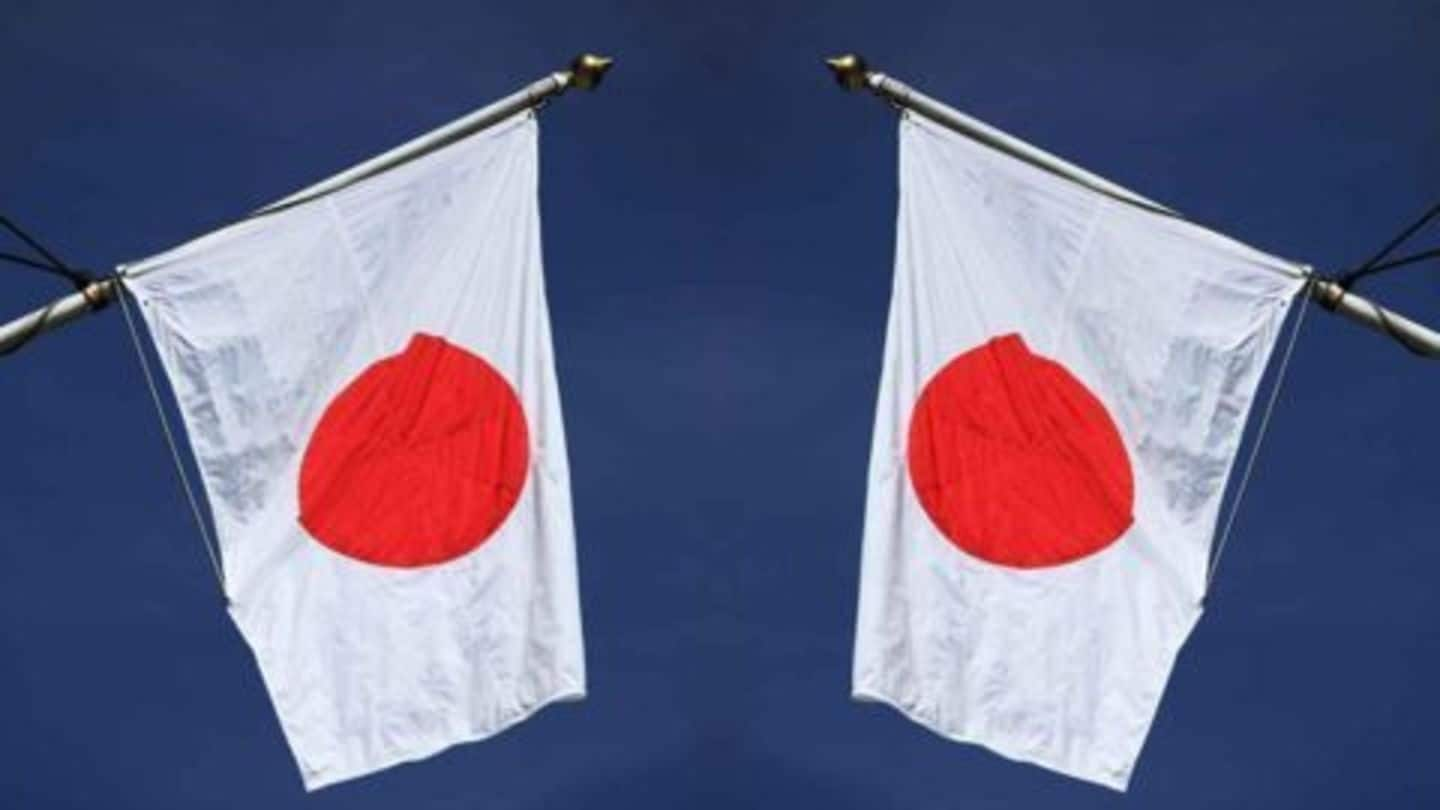
Japan Naval Chief open to re-engaging with Chinese Navy
What's the story
Japan's Naval Chief indicated yesterday that he was open to restarting engagement with the Chinese Navy.
Although he continued to have serious reservations about China's activities on the disputed Senkaku/Diaoyu islands, Admiral Takei said personnel exchanges and port visits between the two navies should be resumed to improve strained relations.
Interactions between China's Navy and Japan's Maritime self-defence force were suspended several years ago.
Information
Japan and China: Strained relations
Japan and China's relations have been strained throughout the 20th century owing to territorial and political disputes including Taiwanese sovereignty, Japanese invasion of China in World War-II and its refusal to acknowledge war crimes. Recent tensions are due to Senkaku/Diaoyu islands which both countries claim.
2012
Japan and China's relations nosedive
In 2012, tensions between the third-largest and second-largest world economies, Japan and China, went into a nosedive after the Japanese government nationalized the disputed Senkaku/Diaoyu Islands.
This resulted in violent anti-Japanese riots in China leading to a freeze between most official contacts.
Beijing was furious at the turn of events and Japanese businessmen began to re-evaluate the massive investments they had made in China.
Do you know?
Who do Senkaku/Diaoyu Islands belong to?
According to records, Senkaku/Diaoyu islands were used as navigational-markers by the Chinese Ming Dynasty in the 16th & 17th century. But, in 1895, following Japan's victory in the Sino-Japanese war, Tokyo constructed a sovereignty marker and these islands were incorporated into Japanese maps.
2014
Thaw in Japan-China equations
In 2014, relations between China and Japan improved marginally when both countries announced a four-point charter on getting their ties back on track.
Chinese President Xi Jinping and Japanese PM Shinzo Abe have held talks annually since 2014 however both countries have remained at odds over the Senkaku/Diaoyus Islands.
The islands are controlled by Tokyo but China has claimed them as well.
2014 - 2016
China unnerving its neighbouring countries
In 2015, according to a 'Pew-Research Center' poll a massive majority of respondents (80-90%) from Philippines, Vietnam and South Korea believe China's claims over South-China-Sea would lead to an armed conflict.
The Japanese business community has been pessimistic about the Japan-China relationship from a security and economic perspective.
Japanese businessmen now believe Japan must strengthen its defence capabilities to meet China's growing threat.
2016
Japan-China relationship warming up
Three weeks ago, Chinese President Xi Jinping and and Japanese PM Shinzo Abe met at the G-20 summit.
Xi told Abe that it was time for their ties to be "back on the normal track".
Abe concurred and said Japan wanted "friendly ties" too by "managing difficult issues".
Abe indicated to reporters a discussion on East-and-South China sea issues was also on the cards.
Information
China's repeated provocations
In the background of recent political attempts to ameliorate the China-Japan relationship, maritime and aerial incursions by Chinese military ships and planes continue to take place. The most recent incursion happened on September 26, 2016 when eight Chinese military aircraft flew between Japanese islands.
Quote
Admiral Takei's statement
While proposing resumption of interaction with Chinese Navy, Admiral Takei said, "Our doors are open." However he was also concerned with China increasing its operations near the disputed islands administered by Japan; he considered this to be dangerous and thought it could 'provoke a crisis'.